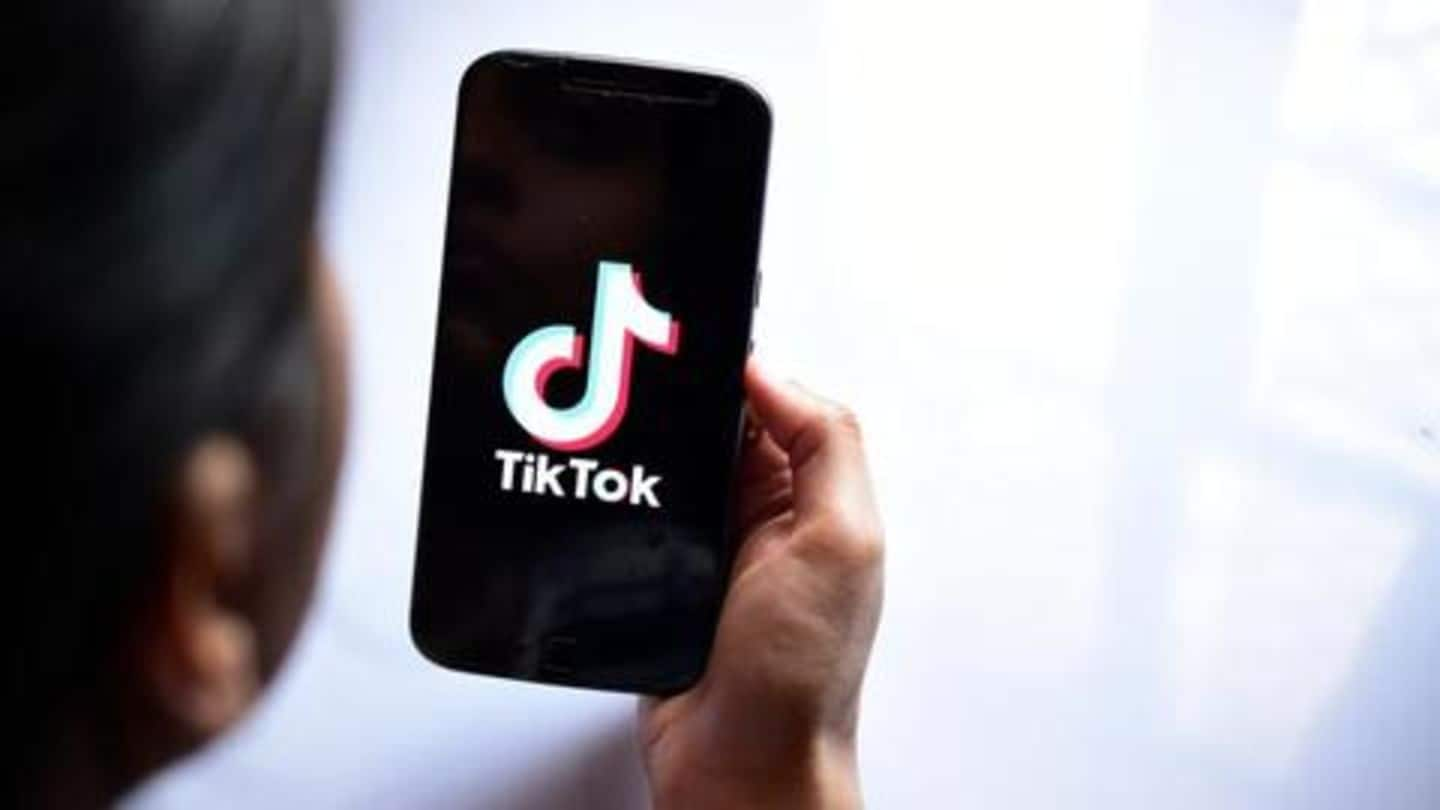
Apparently, TikTok's owner built a tool to make deepfakes
What's the story
TikTok's owner ByteDance appears to have developed an AI-powered feature to create deepfakes or morphed videos with someone else's face inserted. We have seen both the good and bad sides of deepfakes, but taking the controversial tech into the hands of millions of TikTok users might raise major concerns, owing to the increased risk of potential abuse. Here's all about it.
Feature
Face Swap to let users insert their face into clips
Just recently, Watchful.ai, an Israeli research firm, spotted the code for the deepfake tech in TikTok as well as its China-specific sister app Douyin, TechCrunch reported. The feature, dubbed Face Swap in the code, provided users an option to take a multi-angle scan of their face and then transfer it to a selection of videos available on the app.
Questions
Many details remain unclear about Face Swap
The screenshots of the feature indicate it was only designed for a user to insert their own face, not that of a third-party, in a video. Plus, it had the option to edit and trim the morphed video before sharing it. Snapchat was also reported to be developing a similar feature, but the results of the one made by TikTok appear more realistic.
Concerns
Now, this could raise major concerns
Now, while ByteDance may have designed this feature purely for fun, many fear that it can be abused. AI-powered deepfake technology has been used before to create morphed clips showing celebrities/politicians doing and saying things they'd never do. So, if this feature goes into the hands of millions, many ill-intended people could be inspired to come up with alternate apps misusing this tech.
Release
TikTok has denied the possibility of release
Having said that, it is worth noting that TikTok has already started backing away. The company told TechCrunch that the feature in question is "definitely not a function in TikTok, nor do we have any intention of introducing it." They also claimed that they would remove code fragments that suggested its development to end all the confusion. ByteDance, however, has not said anything yet.